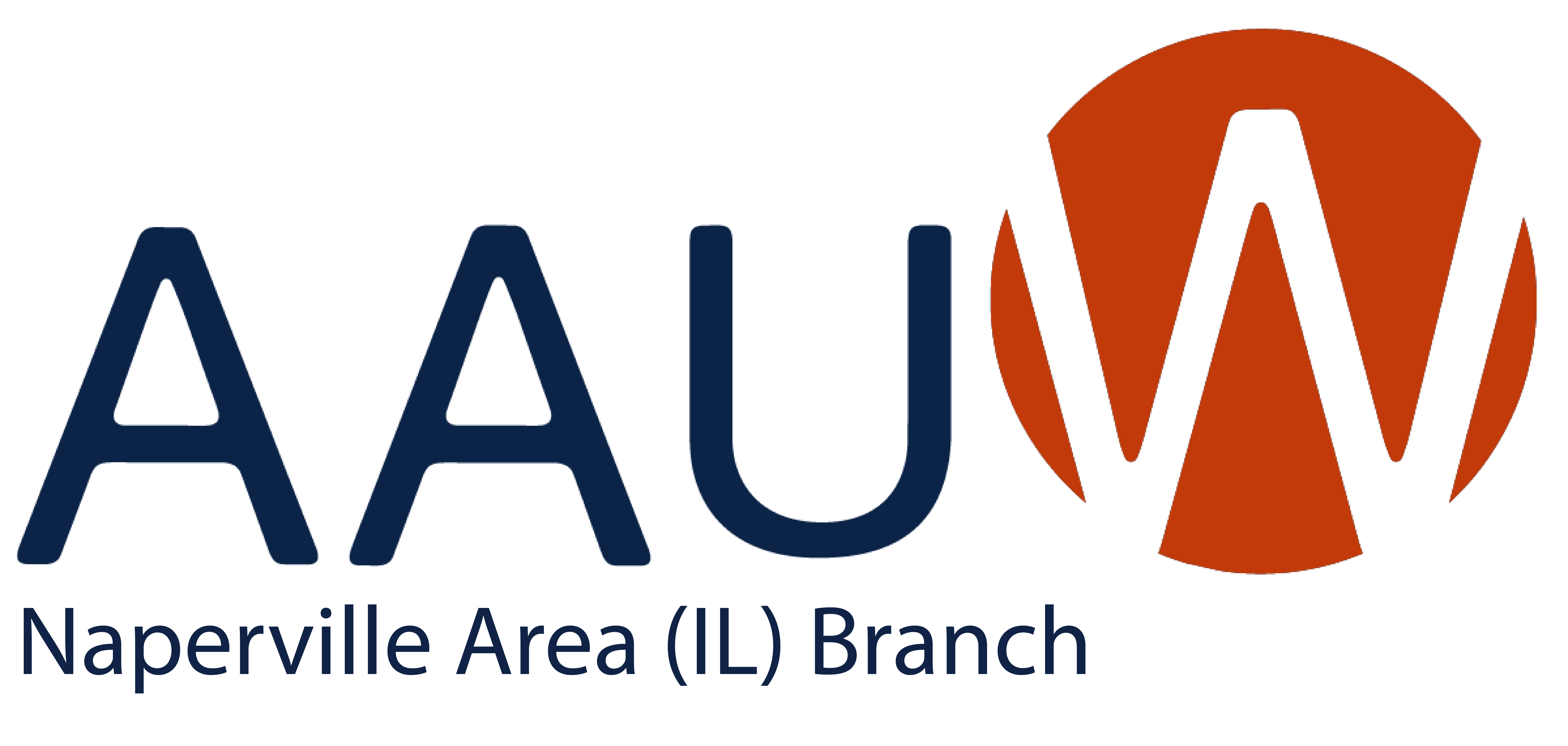Consuming and spreading fake or misleading information can lead to dangerous real-world consequences. It is our responsibility as global citizens to evaluate the information we believe and share. This is even more important as we are in a critical election year and also are living through explosive international issues on a daily basis.
Included below are a few easy steps you can take to evaluate the credibility and reliability of information sources.
Evaluate your source with lateral reading: open new tabs and search for information about the website you’re reading (Wikipedia often is a good resource for this), look for information about the mission, funding, and potential biases of the organization, go beyond the news story and look for the original source material.
Evaluate the information with the C.R.A.P.P. test:
- Currency = When was it published? Has it been updated? Is the information accurate, out-of-date, or incomplete?
- Relevance = Will the source help you understand the topic?
- Authority = Who published this? Is this a source others trust? Who wrote it? What are their credentials?
- Accuracy = Is there evidence with citations for the claims being made? Can you verify the information in other places? Was the information reviewed before publication (with fact-checkers, editors, or peer-review)?
- Purpose = Is this source trying to sell something? Is it intended to entertain; is it satire? Are these opinions, one perspective, or facts? Does the information seem biased?
These independent sites are reliable resources for fact checking:
- Fact Check – Non-partisan website that provides fact checking on political leaders and polarizing stories.
- PolitiFact – Non-partisan website that fact checks claims and quotes made by politicians. Includes the “truth-o-meter” which rates the accuracy of statements made by politicians and public figures.
- Poynter – The Poynter Institute provides a searchable fact-checking tool.
- AP Fact Check – Fact-checking and false news stories identified by the Associated Press.
- Washington Post Fact Checker – This news source offers in-depth analyses of claims made by politicians and news sources.
- Snopes – Contains reports debunking new stories with references. An independent publication owned by Snopes Media Group.
Stop it from Spreading: Verify the accuracy of information if you intend to share it, whether through social media or in conversations.
